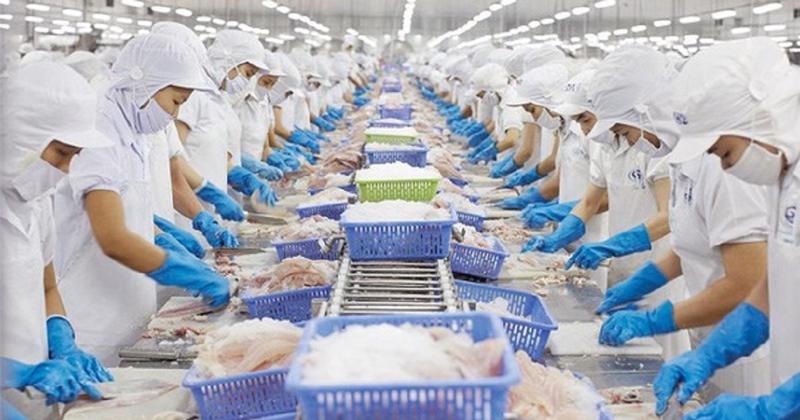Analysts have suggested that businesses diversify their products to boost exports in the context of slowing trade activities due to a lack of orders and falling prices.
Figures from the Ministry of Industry and Trade (MoIT) put export turnover in the first two months of 2023 at an estimated $96 billion, a year-on-year decline of 13.2 per cent.
Export revenue of domestic enterprises and FDI businesses fell nearly 21 per cent and 6.6 per cent, respectively, during the period.
Most product prices are down, with farm produce such as cashew nuts, coffee, and cassava and cassava products having fallen 3.7 per cent, 1.7 per cent, and 8.5 per cent, respectively.
Prices of industrial processing products also fell sharply, by 25.5 per cent for fertilizers and 32 per cent for steel and iron products.
Exports to key markets have witnessed remarkable declines, with shipments to the EU and ASEAN down 4.2 per cent and 8 per cent, respectively.
Director of the MoIT’s Department of Trade Promotion Vu Ba Phu said exports have faced many difficulties due to lower purchasing power worldwide, with orders down more than 60 per cent.
The global economy is still to recover and many markets continue to encounter difficulties as consumers only focus on essential products, he said.
However, the global economy is forecast to be in better shape over the closing months of the year. At that time, purchasing power will have increased, he added, and he urged businesses to keep a close watch over the global situation.
In order to boost exports, the MoIT suggested that businesses diversify markets and products to ease any dependence on traditional markets such as those in Northern Europe, Eastern Europe, and Latin America. Ample space remains to exploit these markets, which are small but see high growth.
It is also necessary to tap the rapid recovery of markets within ASEAN and Asia to boost exports, the ministry believes.






![[Interactive]: Economic overview - Q4/2025](https://premedia.vneconomy.vn/files/uploads/2026/01/06/29254292bae3426d91b9af031f679ce6-61851.png?w=400&h=225&mode=crop)


 Google translate
Google translate